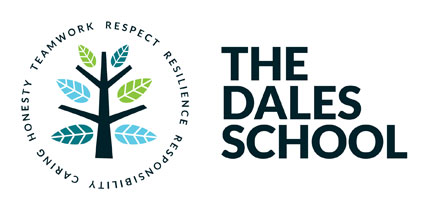Continuing our journey around the world and through the seven continents, this week class 6B have moved from Africa to Asia where they have learned about mountain habitats and the people and animals inhabiting them.
The children have focused in on the country of Nepal this week where the Himalayas are. They began the week by thinking about Mount Everest and how they would manage on an expedition there. The children talked about the equipment they would need and what would be the most important for their own expedition up the mountain, before making a shopping list of items they would need and practicing their money skills to add up how much it would cost them. Reading the story Chandra’s Magic Light gave the children an insight into life in a village in the mountains of Nepal, where they were able to compare it with their own lives at home. The children talked about how life is different for the girls in the story to their own, and drew images of what life would be like living in Nepal. The children then wrote about their images and living in the mountains, linking their sentences to the story.
The children have also learned about some of the animals that live in the Himalaya Mountains such as the snow leopard, mountain goat and golden eagle. They have talked about what animal adaptations are, and considering what it is like in a mountain habitat, have thought about how the different animals are adapted to life in the Himalayas. The children have then created their own mountain-adapted creature and shared their work with their peers, explaining how their animal is adapted to living in the mountains. As well as this 6B have used a food web to consider which animals are carnivores, herbivores and omnivores, and have written facts about which animal eats what.
In addition, the children have had a go at building homes in the school garden, thought about another Asian country – China – for cookery to make a healthy stir fry and try some other foods like prawn crackers, spring rolls and prawn toast, taken part in speaking and listening games and have practiced their reading, spelling and writing in regular reading and phonics sessions.

